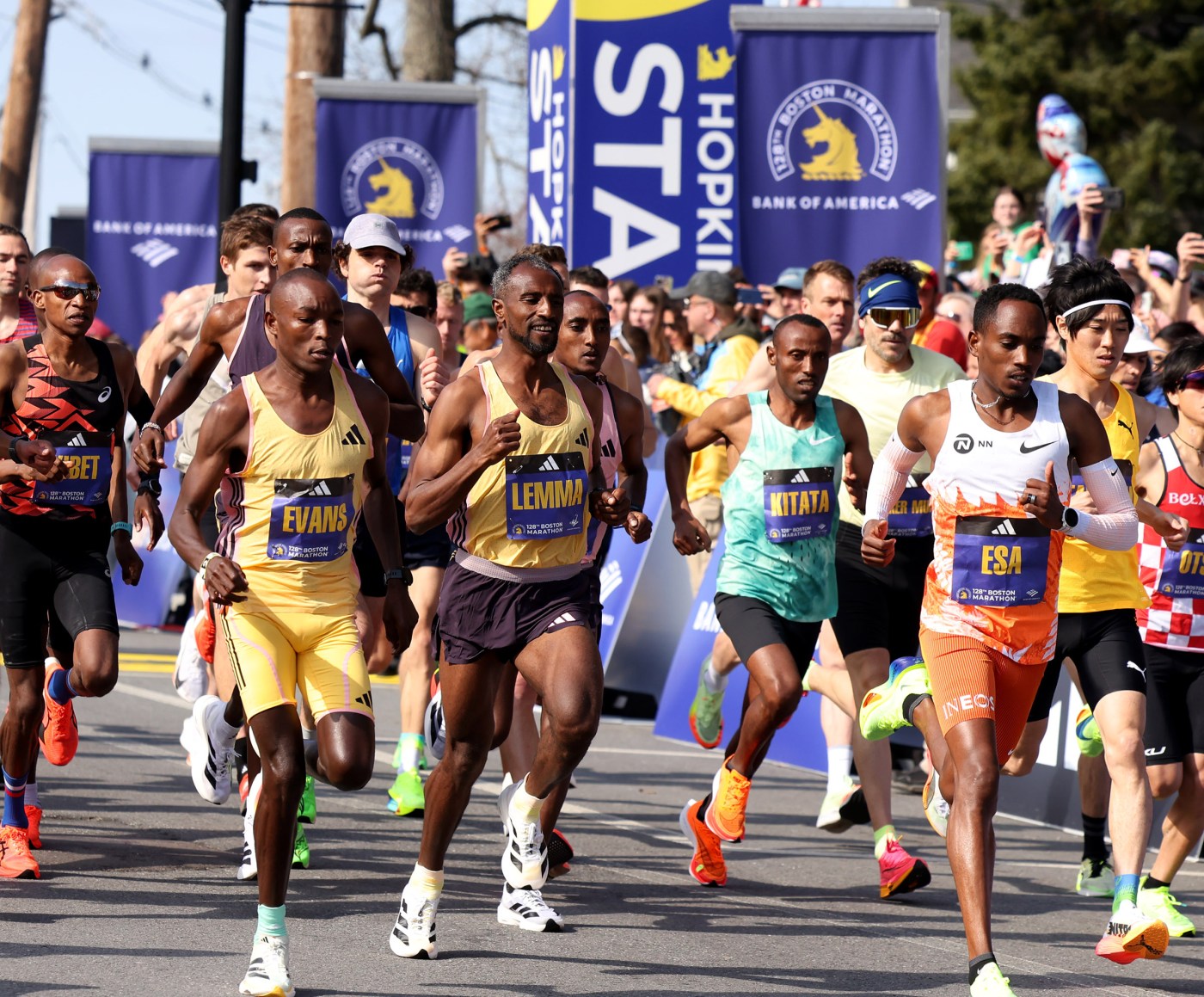
Boston city councilor sounds alarm over decision to allow unpermitted marathon with 200 runners
A Boston city councilor raised concerns over what he described as an unpermitted marathon that took place on city streets this past Saturday, with roughly 200 runners winding through neighborhoods without police traffic enforcement.
Dubbed an “unofficial” or “unsanctioned” marathon on the mayor’s public schedule and the Race Roster site, respectively, 26.TRUE has been held by the PIONEERS Run Crew for the past few years as an alternative for people of color to what the Boston Globe described as the “overwhelmingly white” Boston Marathon.
The route starts and ends in Roxbury and, per the Globe report, stretches through main throughways rather than affluent suburbs, making its way through Dorchester Avenue, River Street, Massachusetts Avenue, and Commonwealth, among others.
It also hits L Street and E 2nd Street in South Boston, raising alarm bells for the district councilor there, Ed Flynn, who wrote an email Saturday to Boston Chief of Streets Jascha Franklin-Hodge, Transportation Commissioner Nick Gove and Police Capt. Joseph Boyle, laying out concerns he heard from neighbors.
“Neighbors have called me to say they see runners on tight sidewalks running in and out of baby carriages walking by, or running in the street on L Street,” Flynn wrote in the email obtained by the Herald.
“It is my opinion that this is seriously unsafe when considering all of the pedestrian safety issues we have had on Day Boulevard and L Street for years — that a road race would cross the boulevard and go up L Street,” he added. “I’m very concerned someone will get hurt this morning.”
In a statement to the Herald, Flynn said there was also a lack of traffic enforcement from the Boston Police Department and no event permit was issued from the city.
Franklin-Hodge responded to Flynn on Sunday, in an email obtained by the Herald, stating that the city deemed no permit was necessary for the marathon, due to its “small” size of roughly 200 runners, while directing the councilor to the Boston Globe report that ran this past weekend for “more color on the event.”
“The run connects many different neighborhoods of Boston and attracts a diverse group of participants,” Franklin-Hodge wrote. “Events like this are reviewed by the Special Events Committee, made up of a number of city departments.
Related Articles
Boston Mayor Wu appoints city’s first chief climate officer at $195,000 a year
Boston Mayor Michelle Wu’s proposed commercial property tax shift sparks on Council
‘Too much to the left’: MassGOP eyes Boston City Council
Don’t strangle Boston’s golden goose, Chamber president tells Mayor
Boston city councilor ducks four more public safety votes amid attendance scrutiny
“They reviewed this application and determined that a permit would not be required due to the small size of this event and the long course which would result in runners dispersed along the route,” he added.
Franklin-Hodge also referenced the crowds in town for the Boston Marathon, held this past Monday, saying that “residents may have noticed an overall increase in runners in the neighborhoods as well.”
Flynn wrote back on Wednesday afternoon, saying that he was “at a loss” as to why a permit was not issued or a route would have been allowed, or public safety professionals would not be utilized, given the pedestrian safety issues seen on that South Boston throughway, including “serious and fatal crashes.”
Boston Police Sgt. Det. John Boyle, a department spokesman, said it was the department’s understanding that the event was permitted.
“We did have police officers on it, and we have no report of any issues,” Boyle told the Herald Wednesday.
A request for comment from the mayor’s office was not returned. Mayor Michelle Wu in Saturday remarks called the unofficial event the “real” Boston Marathon, per the Globe.
Still, Flynn is calling for tighter protocols in future large events.
“To allow over 200 runners to participate in a marathon through the neighborhoods of Boston without BPD traffic enforcement is unsafe and it sets a bad precedent,” Flynn said in a statement. “For large events, to ensure public safety and liability purposes as well, a permit should be part of the process.”

